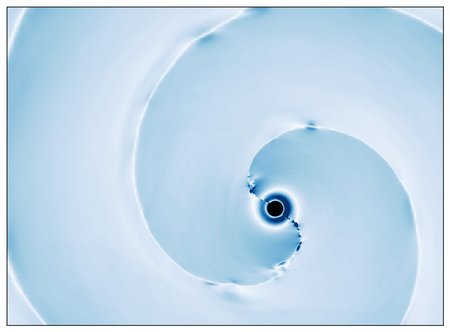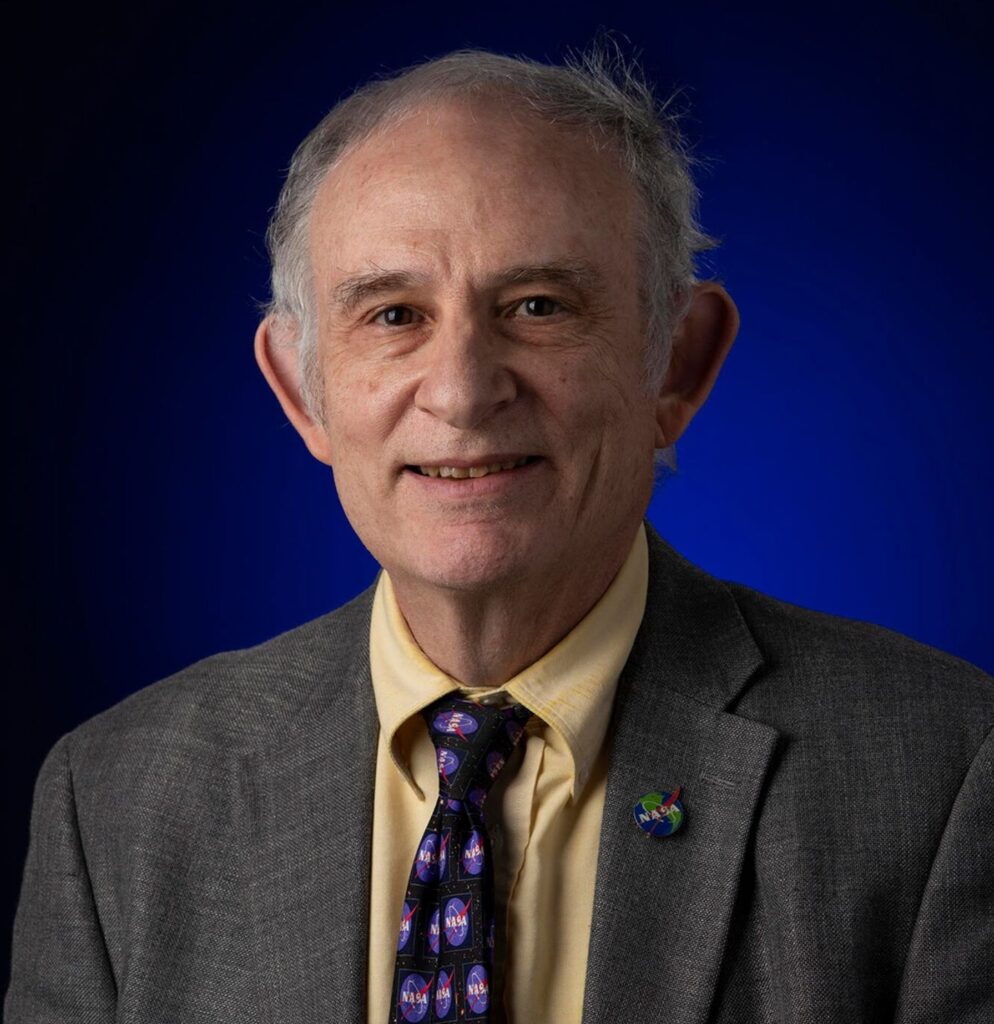As NASA battles delays in its Artemis moon program, testing on its hardware continues at a rapid pace.
NASA engineers fired up an engine for the Space Launch System (SLS) megarocket, a future version of the type that will help launch astronauts toward the moon as soon as 2025. The test on Wednesday (Jan. 17) successfully fired the RS-25 engine for nearly as long as a typical launch, which would be 8.5 minutes.
Under scrutiny is the venerable RS-25 engine type, with heritage that dates from the space shuttle program. NASA is trying to certify engines for Artemis missions that will fly in the late 2020s or later, carrying bigger payloads and targeting more ambitious moon missions.
To help get ready for the planned Artemis 5 mission, the test at NASA’s Stennis Space Center in Mississippi looked at “several new engine components, including a nozzle, hydraulic actuators, flex ducts, and turbopumps,” NASA officials wrote in a statement.
Related: Watch NASA test fire new and improved Artemis moon rocket engine (video)

The Artemis program is a NASA-led effort to bring astronauts back to the moon, in partnership with more than 30 nations that are either assisting with hardware or joining in the spirit of peaceful space exploration.
Artemis’ initial aim was to put an astronaut on the moon by 2024, but technical and budgetary problems have repeatedly pushed that target back. Last week, for example, NASA announced its Artemis 2 round-the-moon mission will now fly in 2025 (instead of 2024) and that Artemis 3 is slated for a lunar touchdown in 2026 (rather than the more recent 2025 target).
RELATED STORIES:
“Safety is our top priority, and to give Artemis teams more time to work through the challenges with first-time developments, operations and integration, we’re going to give more time on Artemis 2 and 3,” NASA Administrator Bill Nelson said during the briefing announcing the delay.
“So, what I want to tell you is, we are adjusting our schedule to target Artemis 2 for September of 2025 and September of 2026 for Artemis 3, which will send humans for the first time to the lunar south pole,” Nelson added.


